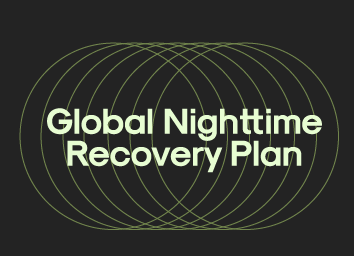
What is the GNRP?
The Global Nighttime Recovery Plan is a collaborative, practical guide for cities that are trying to determine the best way to design and execute a safe and feasible strategy to reopen and reactivate their creative and night-time economies.
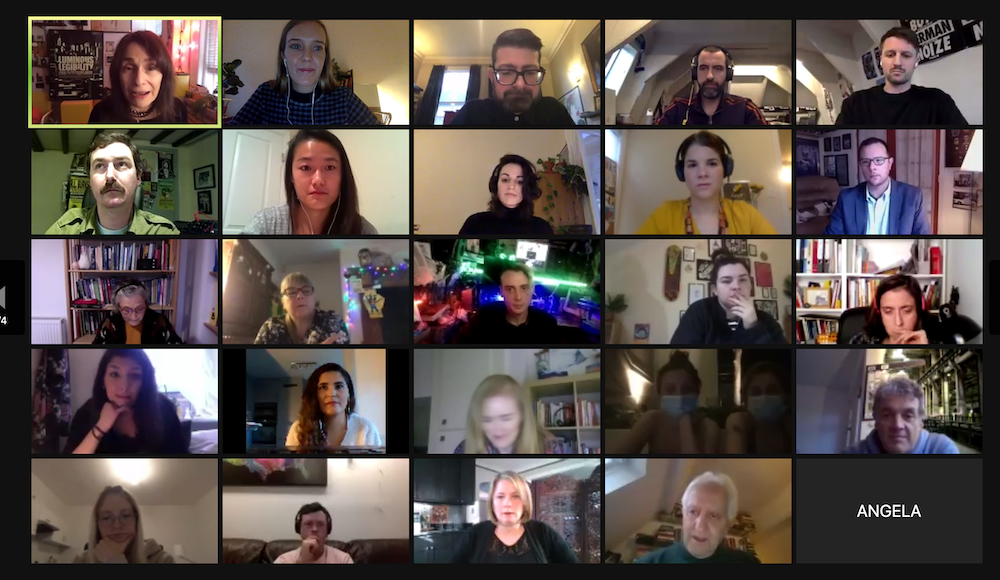
The guide is a joint effort that involves more than 130 practitioners, academics, public health experts, advocates and industry representatives from more than 70 cities all over the world, and is meant to be an interactive platform to share frameworks, tools, and practices among cities during these unprecedented times.
For this reason, the guide is meant to be both an accurate but flexible document that can be updated as the circumstances change.
Through a knowledge-sharing platform, community-building online conferences, and published resources, we provide a roadmap for cities re-opening their nightlife during- and post-COVID, in order to ensure that this particularly vulnerable sector can bounce back stronger, more sustainable, and more resilient than before.
Our goal is to foster interdisciplinary collaborations on city-level and to promote multinational cooperation and know-how sharing.
What should the future of nightlife be?
Find out more about The Global Nighttime Manifesto, a collaborative project built by and for nighttime communities around the world.
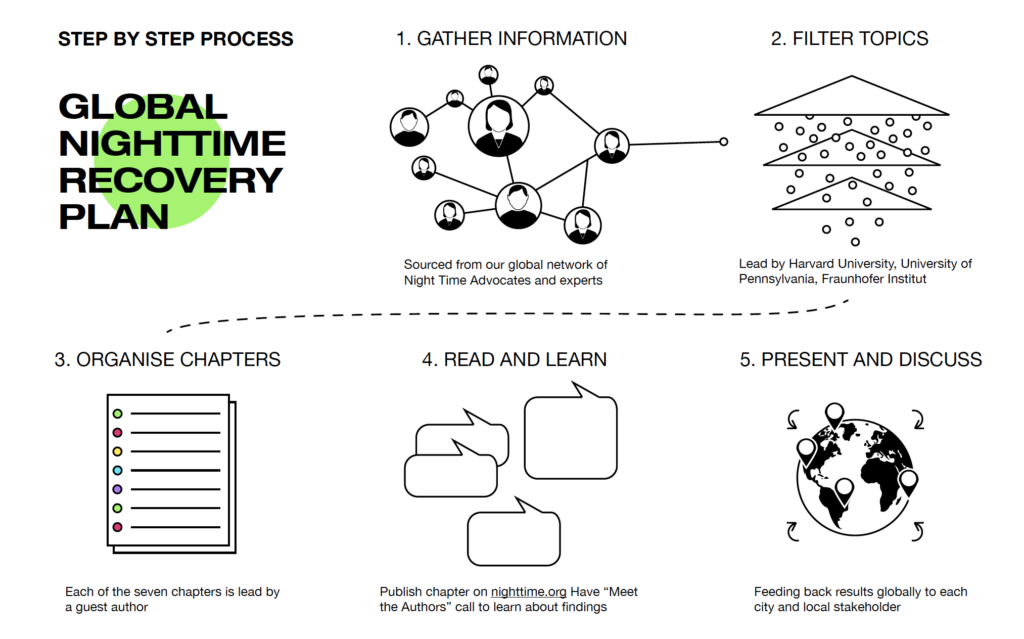
A Strong Network
We link nighttime stakeholders with experts in other fields to share ideas, transfer best practices from one city to another, build continuing supportive global network.
Resource Development
We publish nighttime-recovery resources, including tools that go beyond “best practice” or case studies, and make it easy for other cities to put the same program into practice.
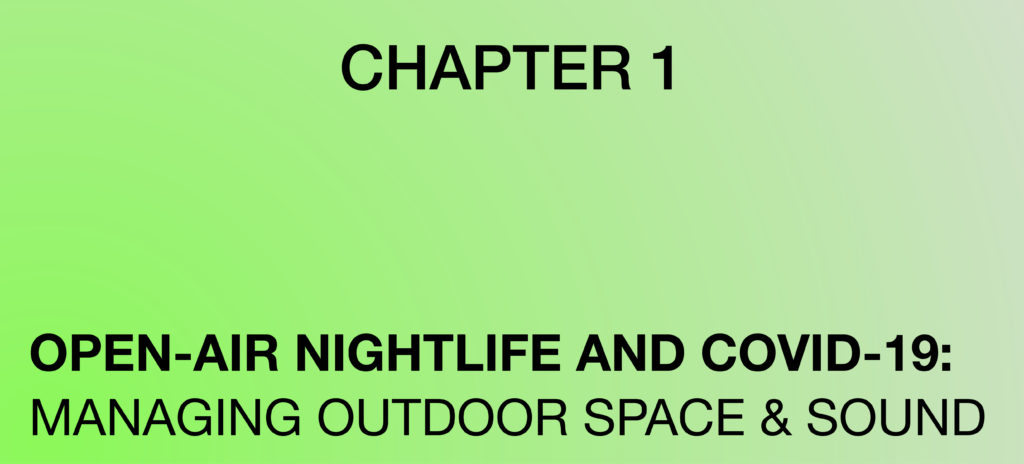
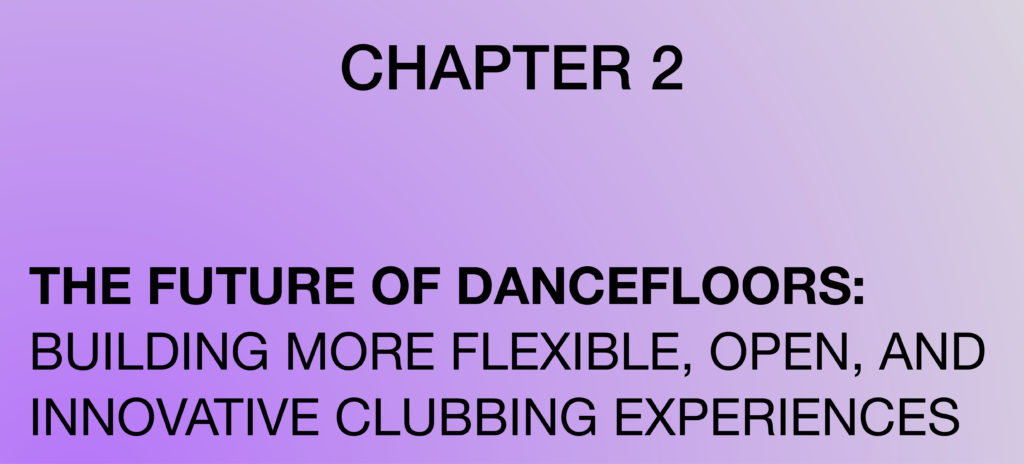
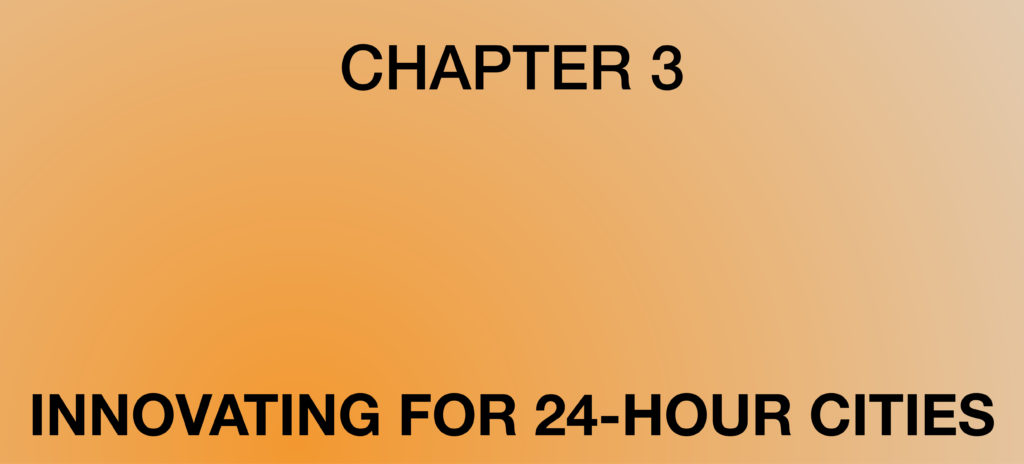
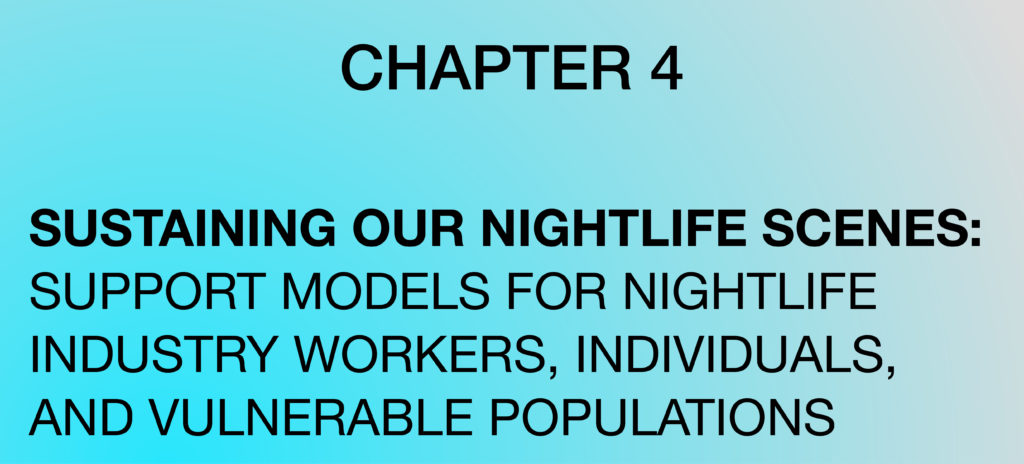
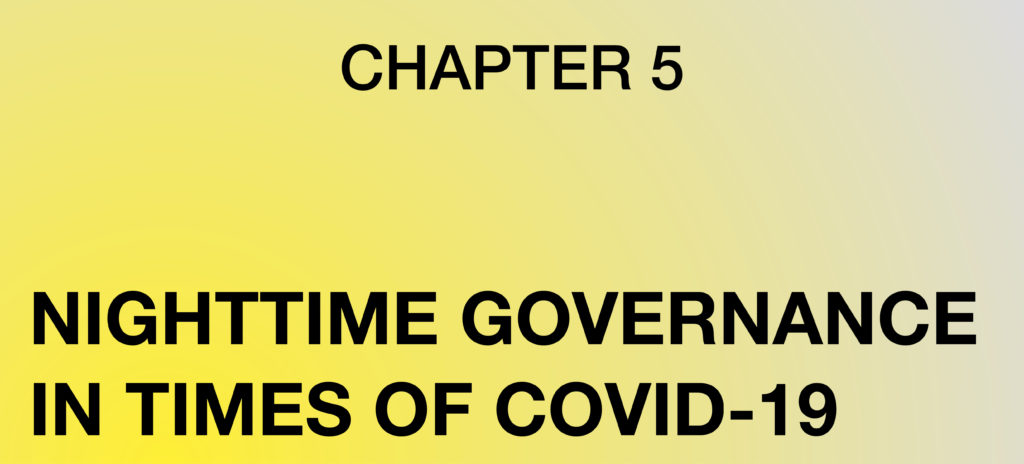
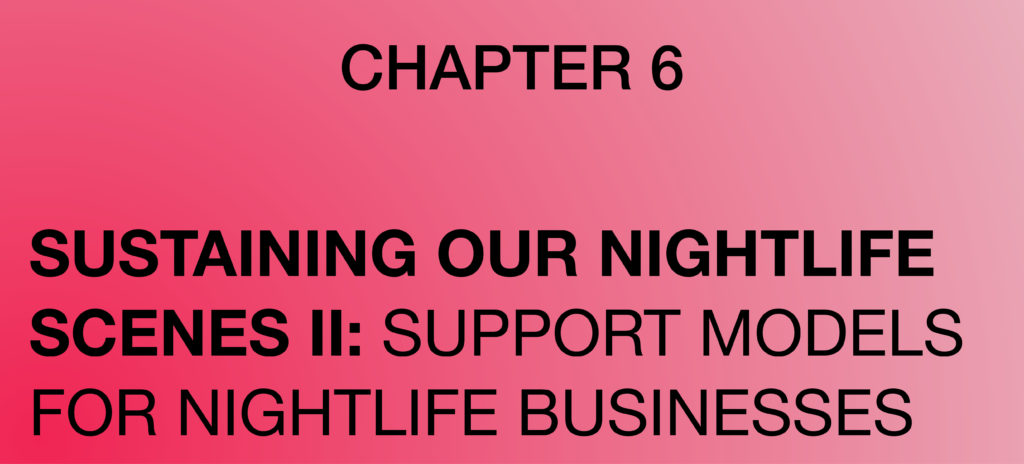
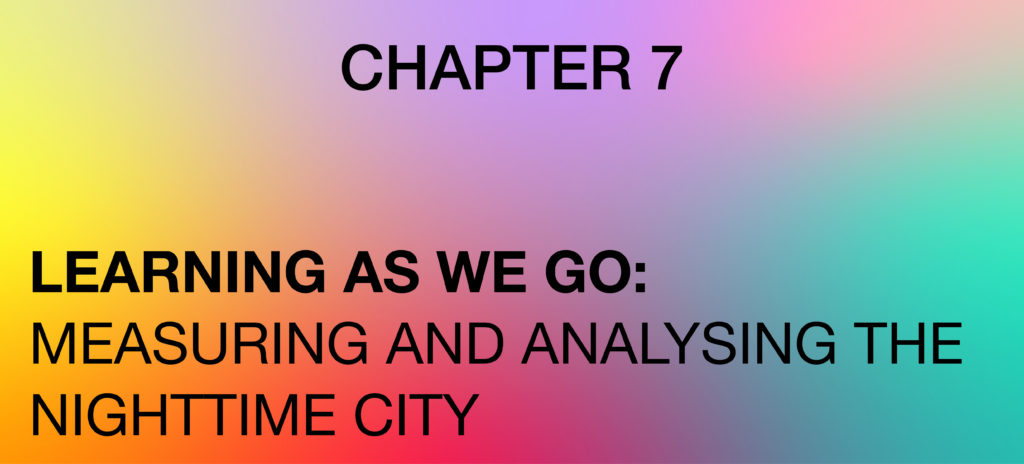
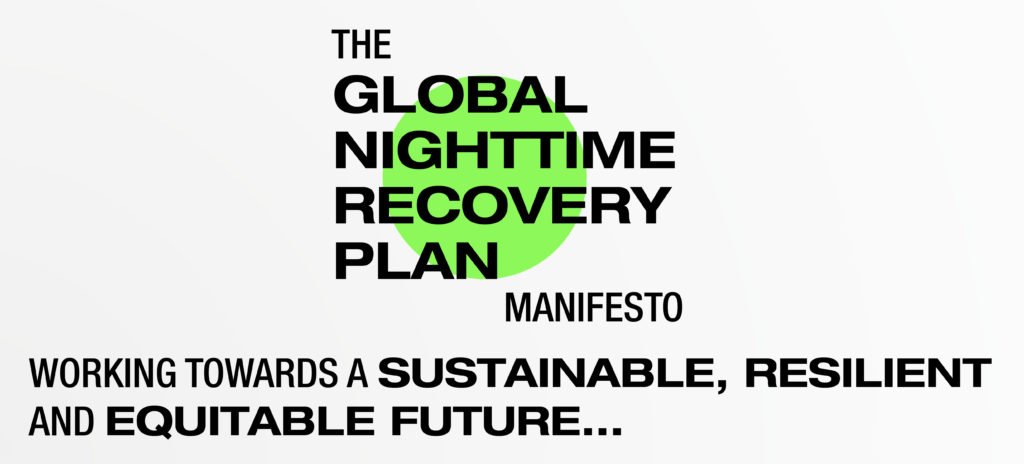
Why is it the Global Nighttime Recovery Plan needed?
Dr. Andreina Seijas and Lutz Leichsenring discuss the Global Nighttime Recovery Plan. The talk took place at Reeperbahn Festival on September 19th 2020.
Cultural, community, and economic activity at night is essential to a city’s vibrancy and productivity and supports numerous local and international industries. But the COVID-19 pandemic has thrown nighttime economies and cultures into uncertainty across the globe.
In many cities, clubs, venues, and other gathering spaces will likely be the last to re-open, making nighttime cultural economies highly vulnerable. As we begin to shift from lockdown, we must re-envision how urban systems coexist with the ongoing threat of COVID-19—and those systems must extend into the night.
- The Nighttime Economy is the UK’s fifth-largest industry, and creates 1 in 8 jobs in London.
- Supports almost 300,000 jobs and is responsible for $35bn in total annual economic output in New York City.
- One subset of the NTE—club culture—draws 3 million tourists to Berlin each year.
Upcoming Chapters:
The plan has been structured into a set of themes that address specific issues that cities are facing globally.
Register your interest in the upcoming chapters of the Global Nighttime Recovery Plan here.
This guide is written to provide all members of the night-time ecosystem the knowledge and tools to aid their cities in planning for safe, intentional, and equitable re-opening. Each chapter includes guidance from re-opening to re-imagination:
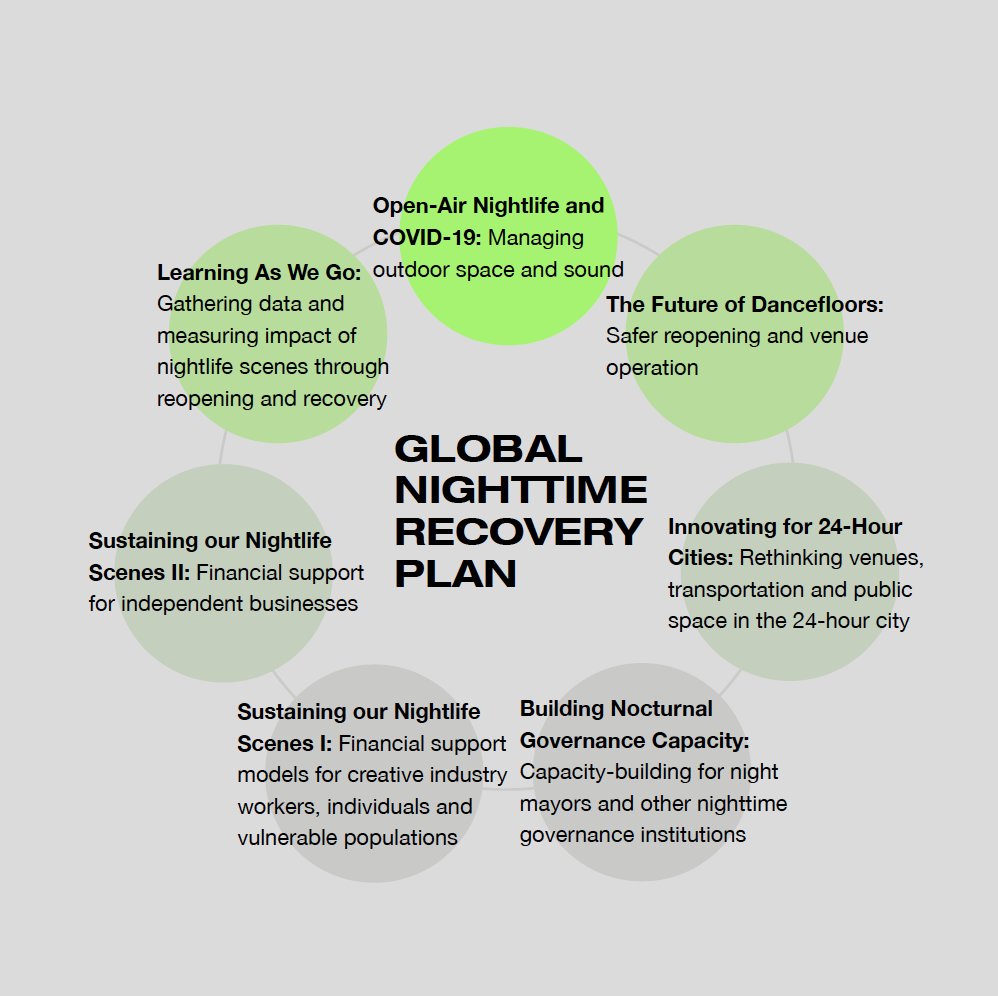
RESOLVE: Analysis of cities’ immediate actions to contain COVID-19 spread – where most stakeholders are today
RESILIENCE and RETURN: Tools and strategies to shape recovery
REIMAGINATION and REFORM: Scenario planning to define the next normal
Contributors:
Chapter 1: MANAGING OPEN AIR NIGHTLIFE
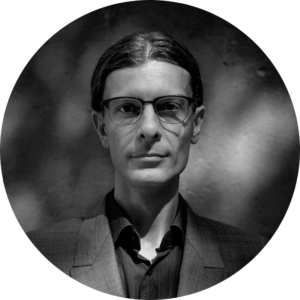

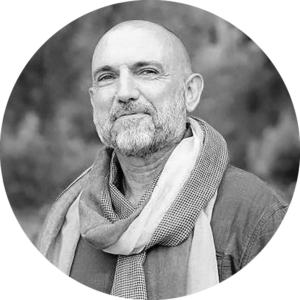

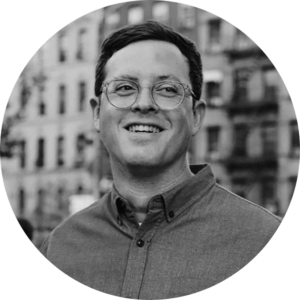
Chapter 2: THE FUTURE OF DANCE FLOORS
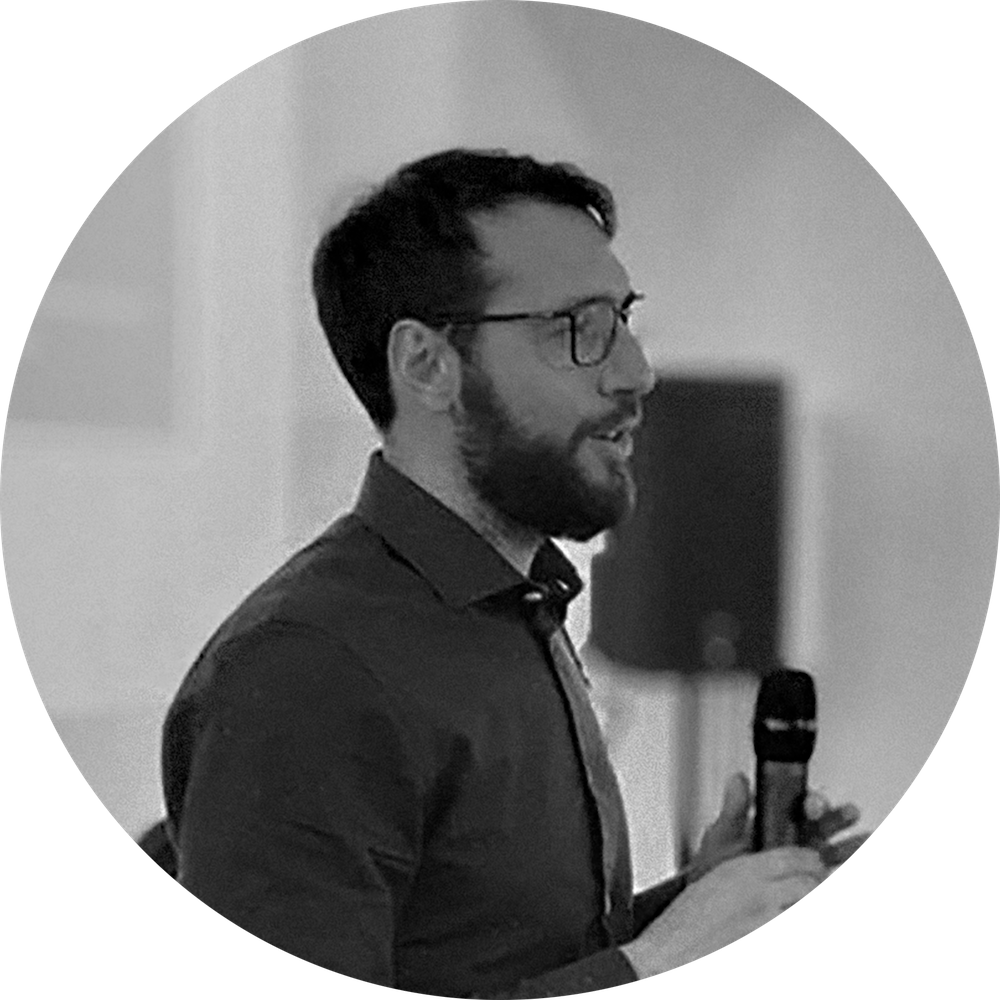
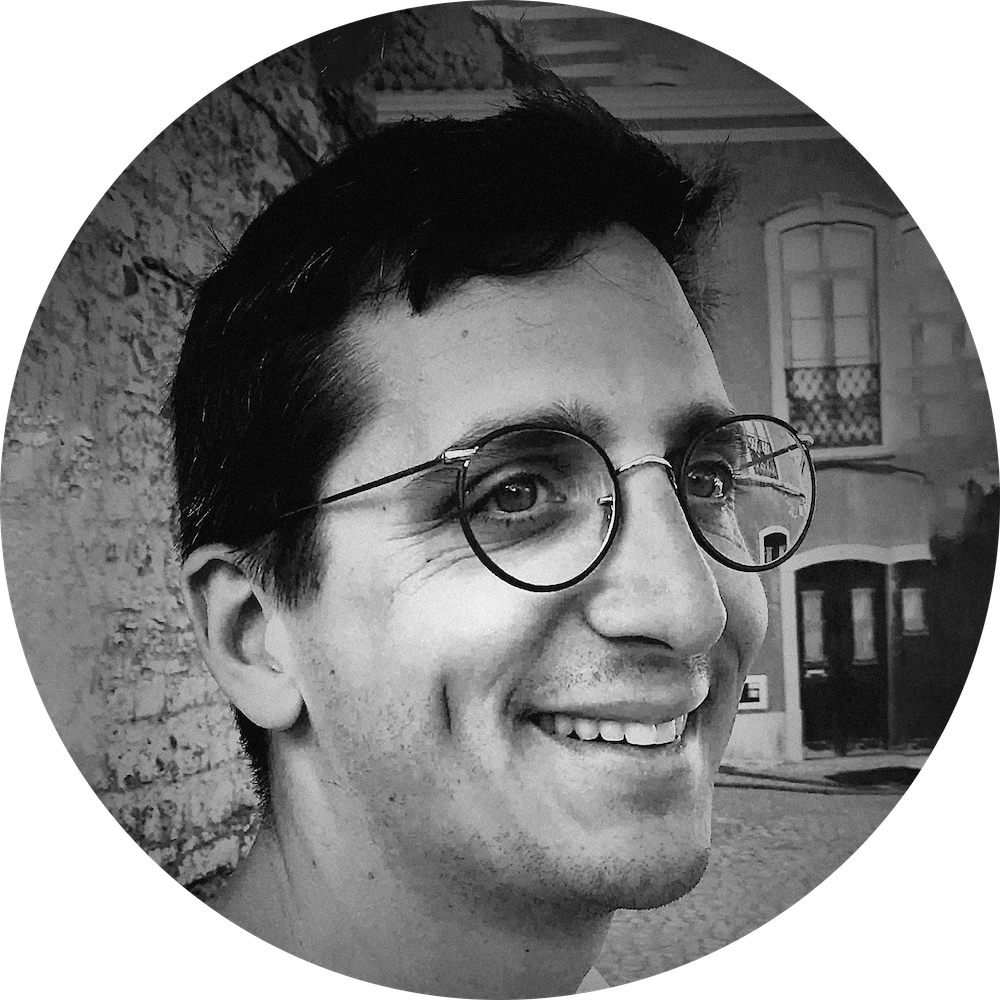
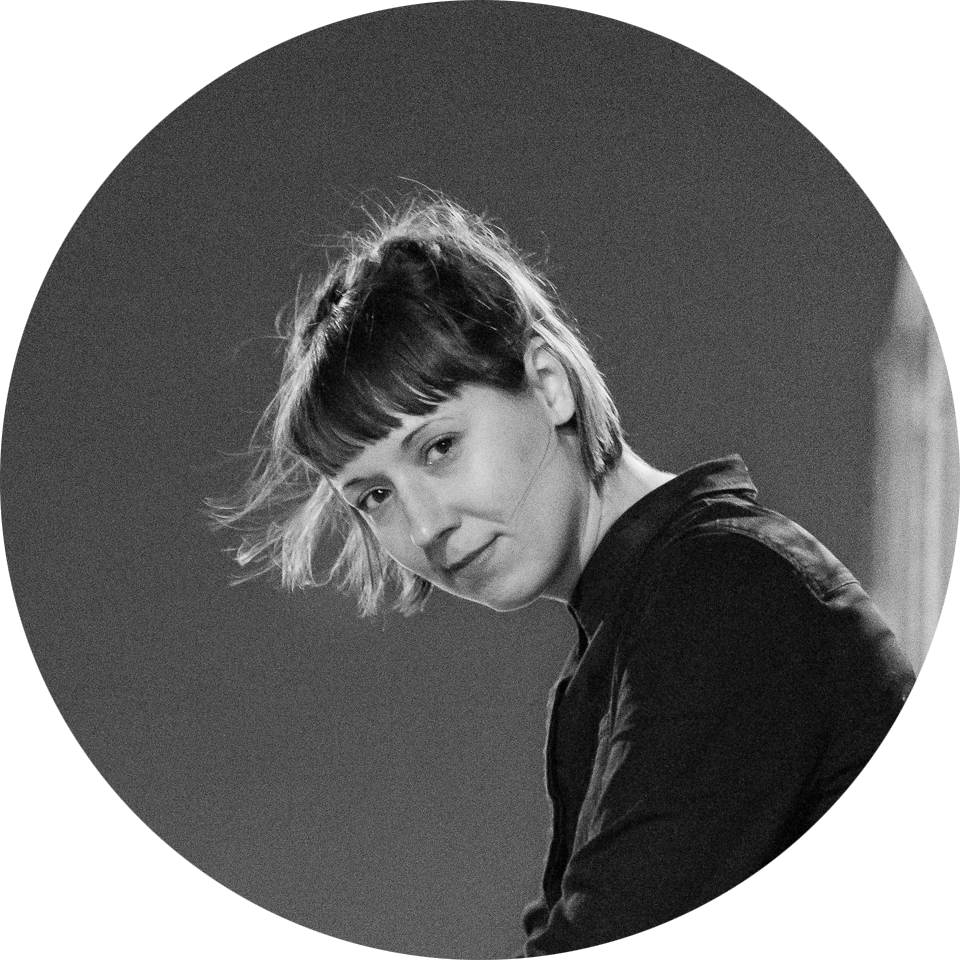
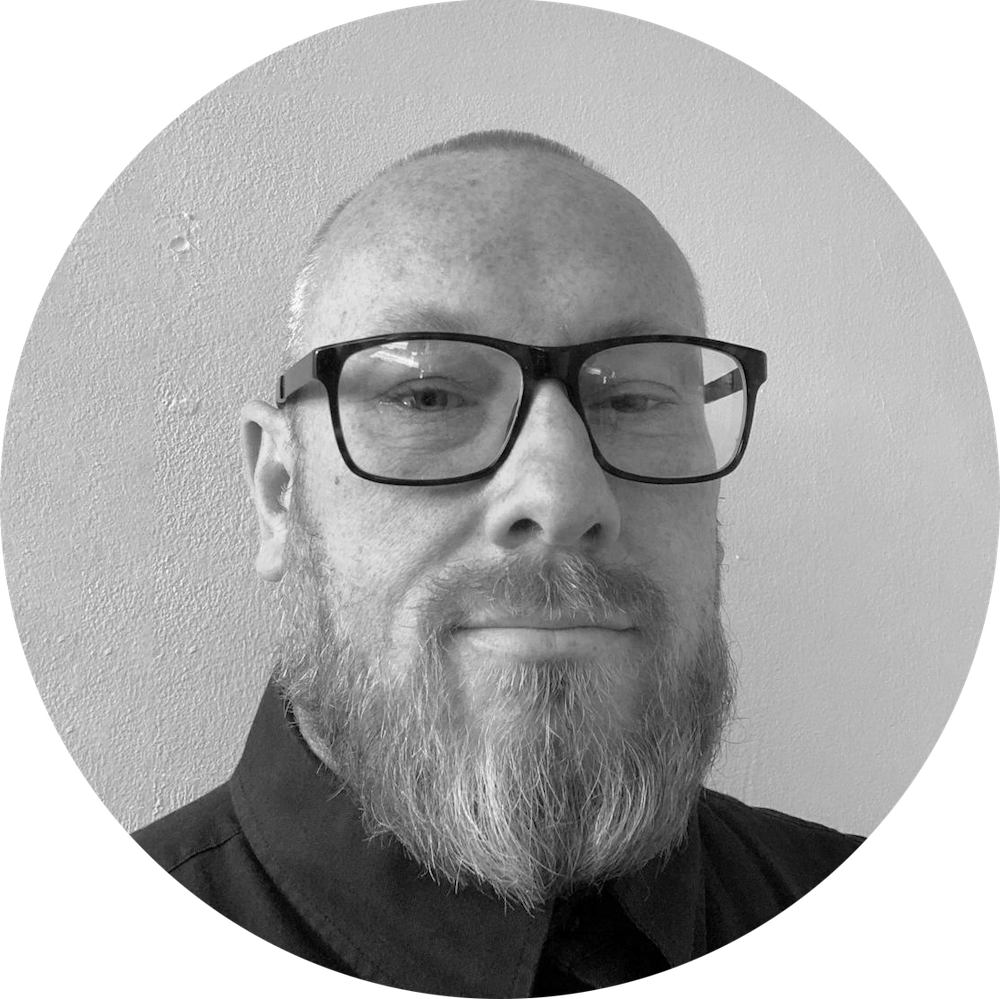
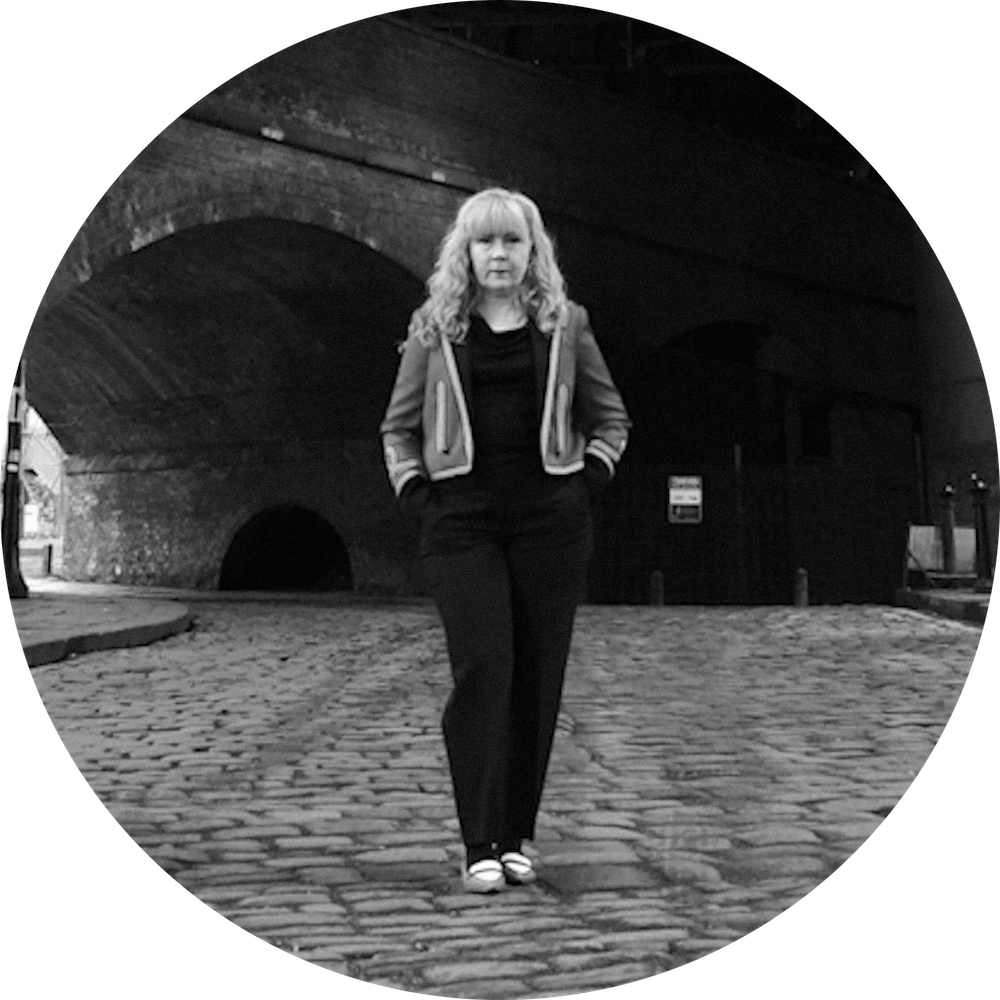
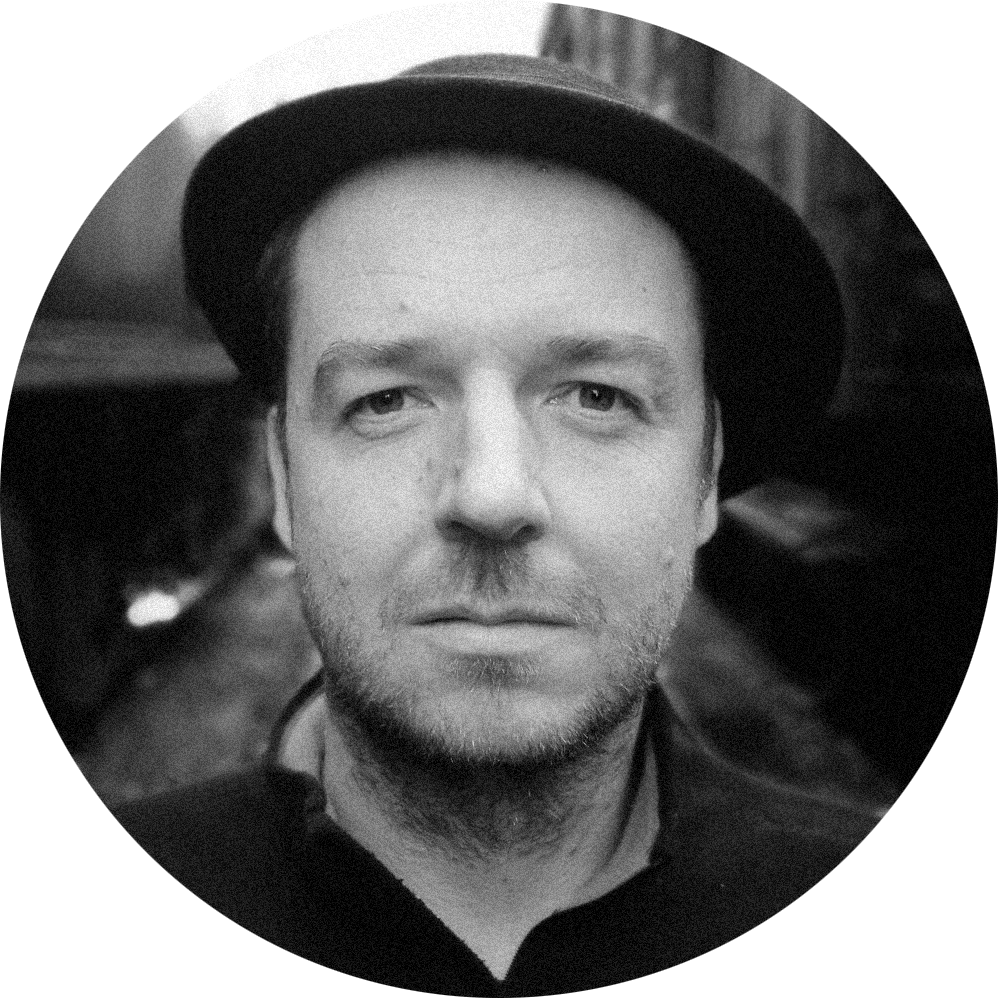




Chapter 3: INNOVATING FOR 24 HOUR CITIES
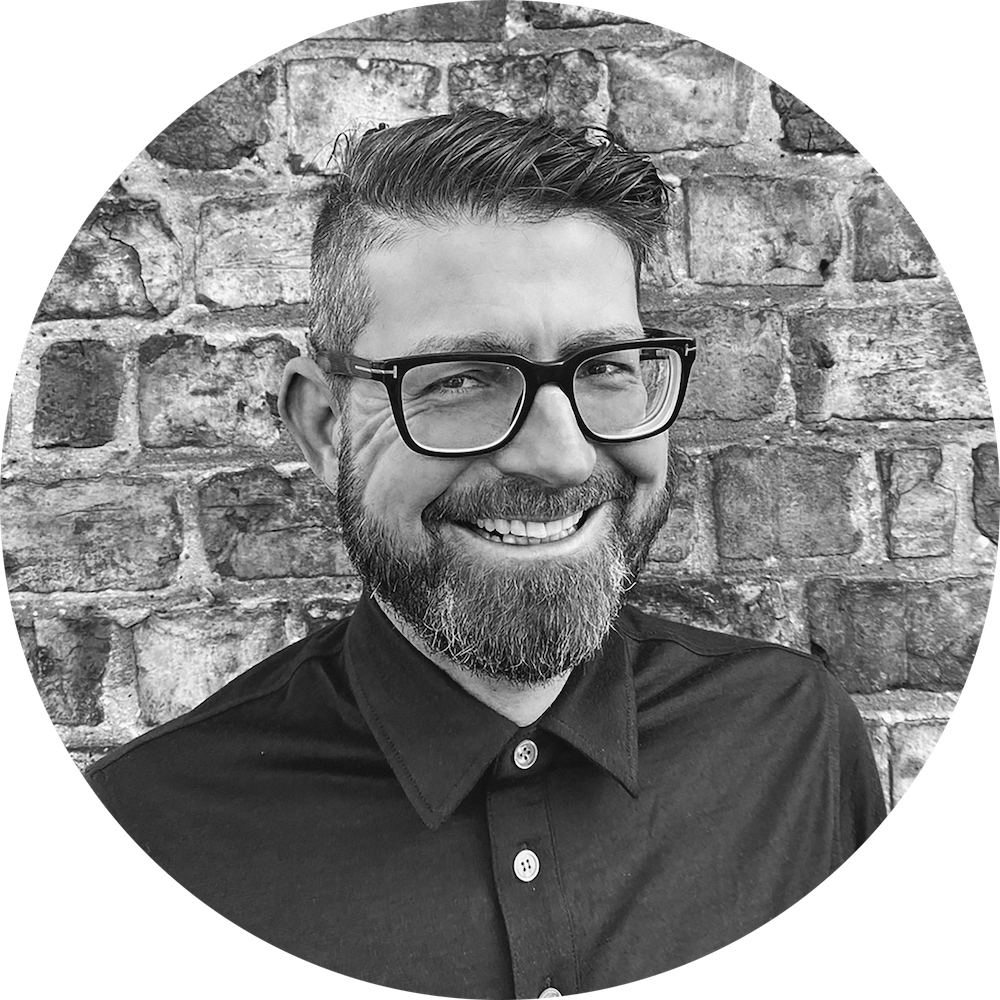
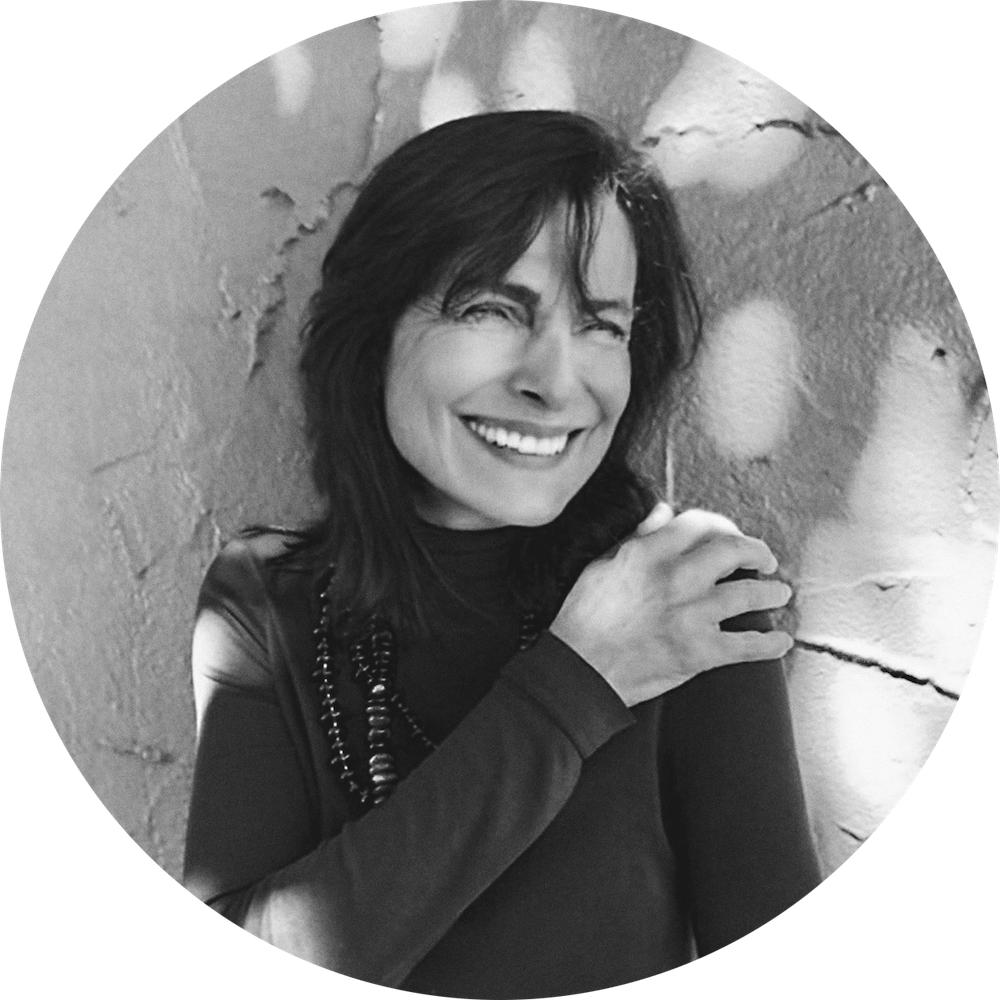
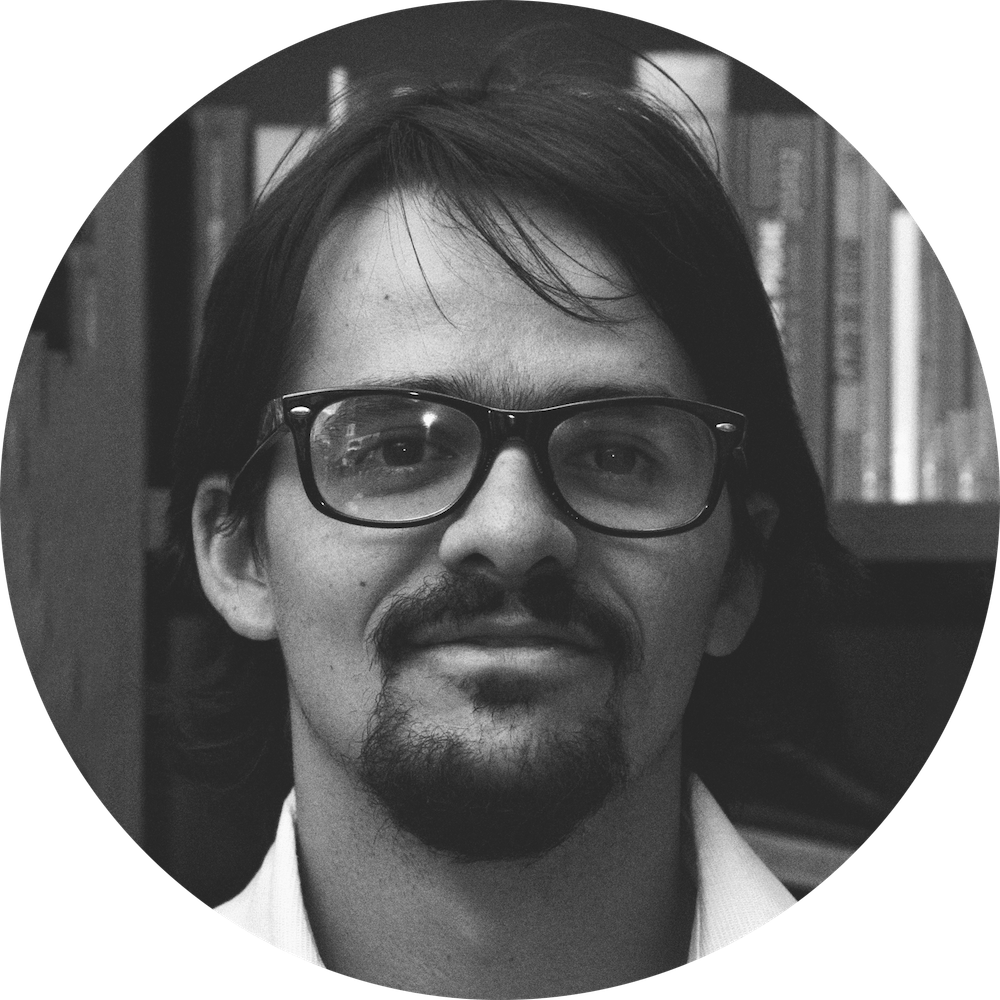

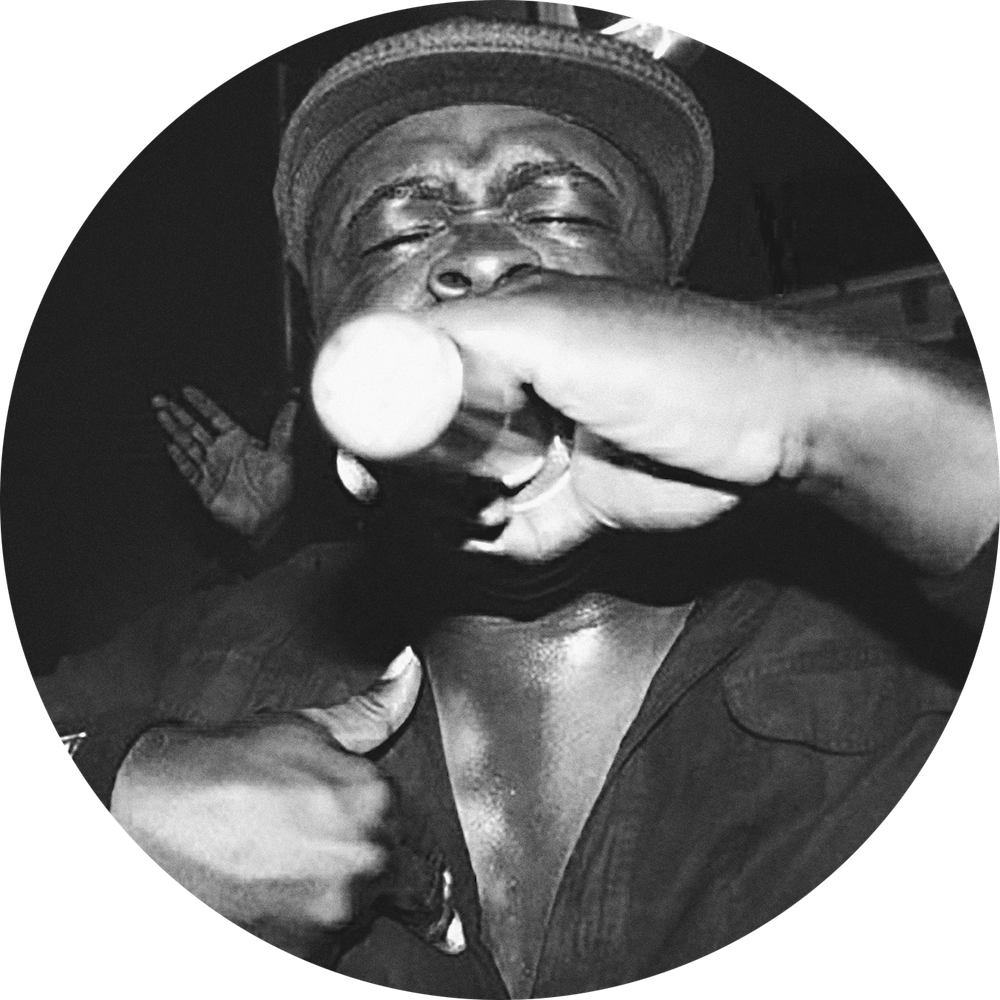
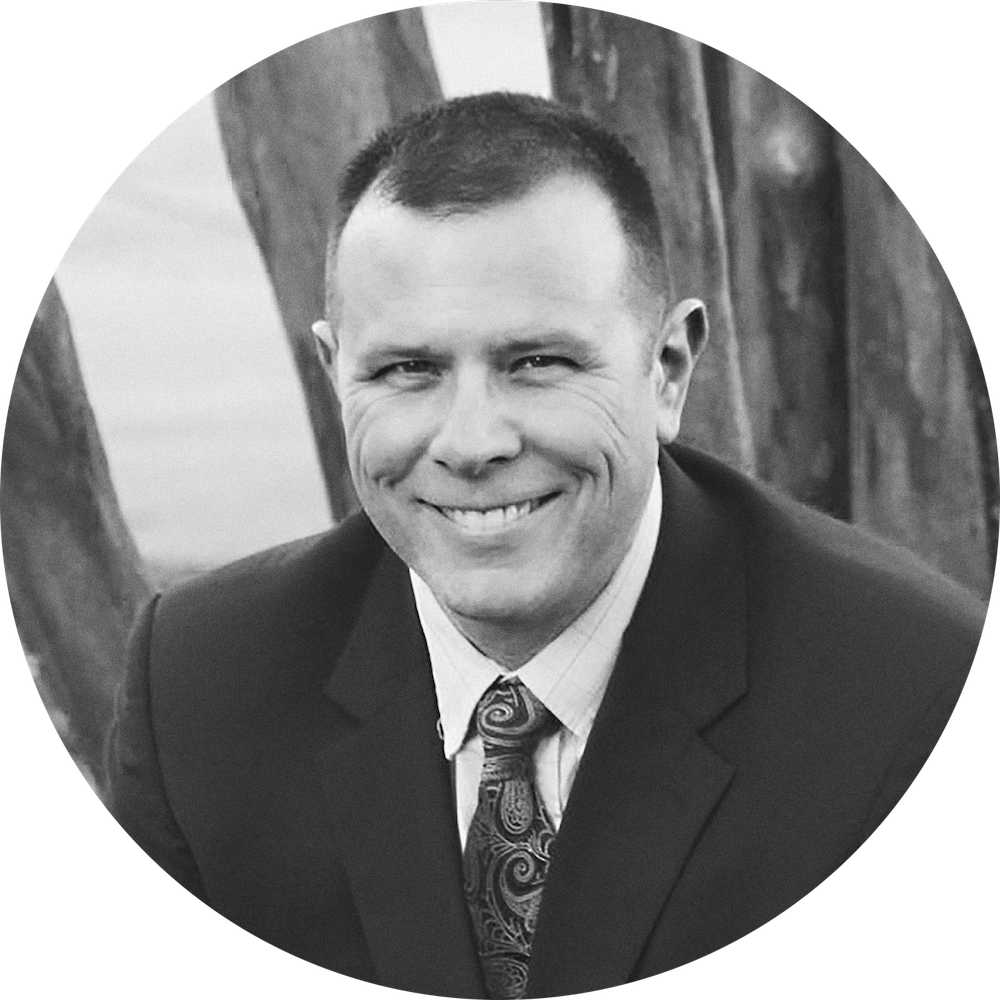
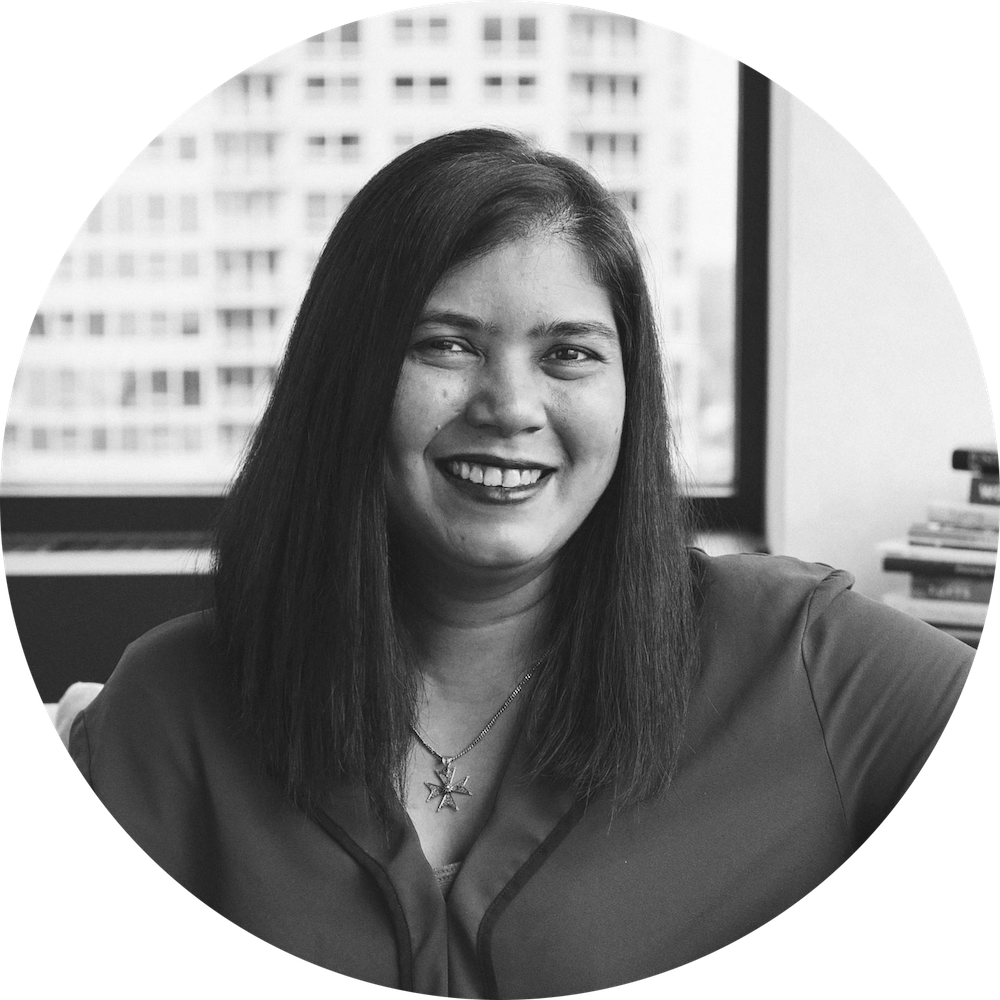



Chapter 4: SUSTAINING OUR NIGHTLIFE SCENES
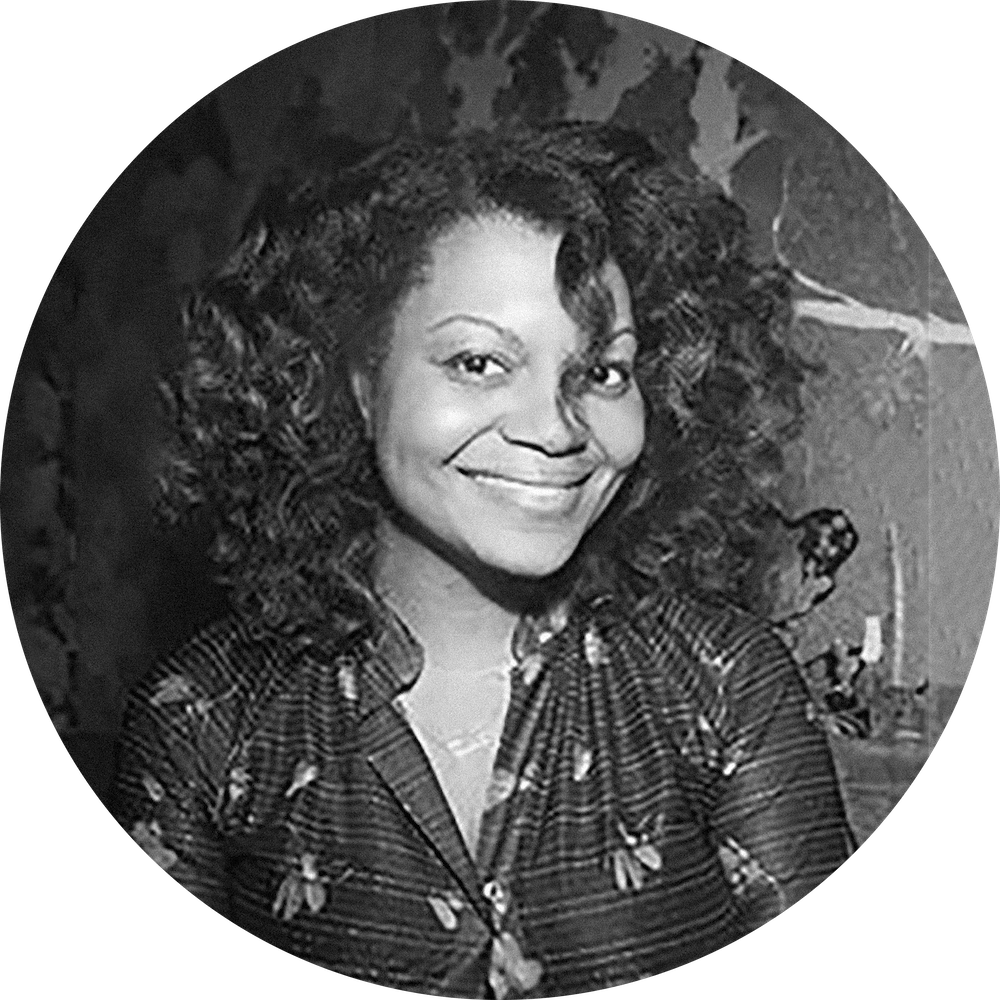
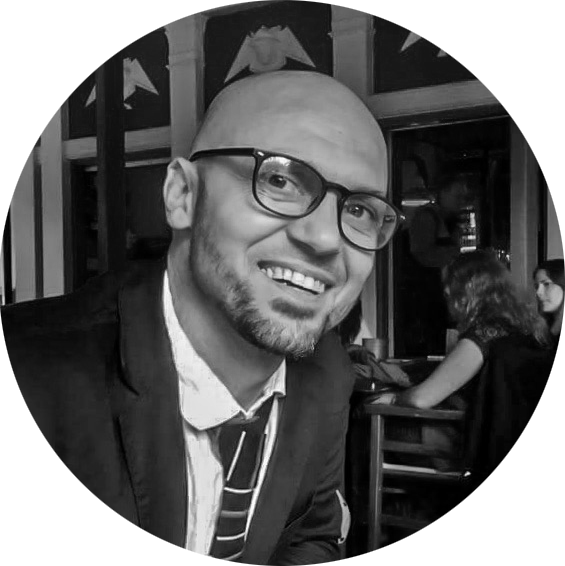
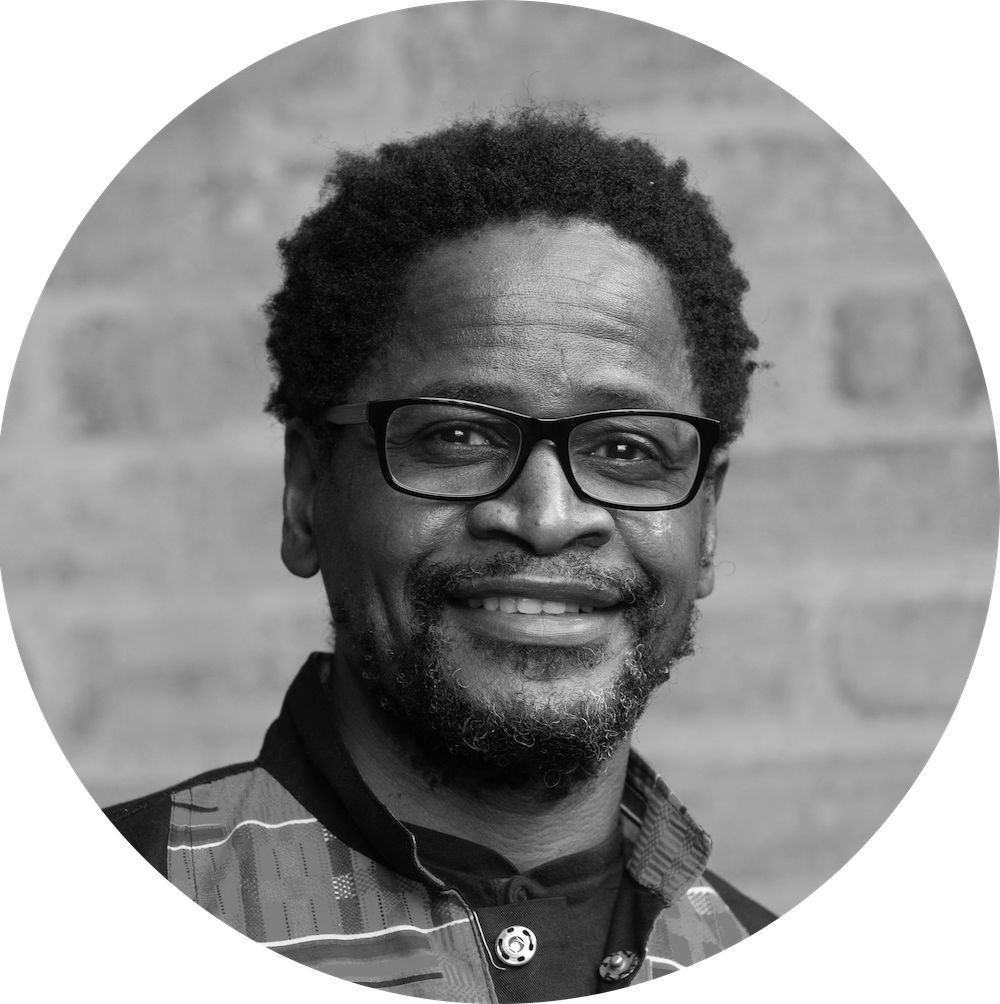
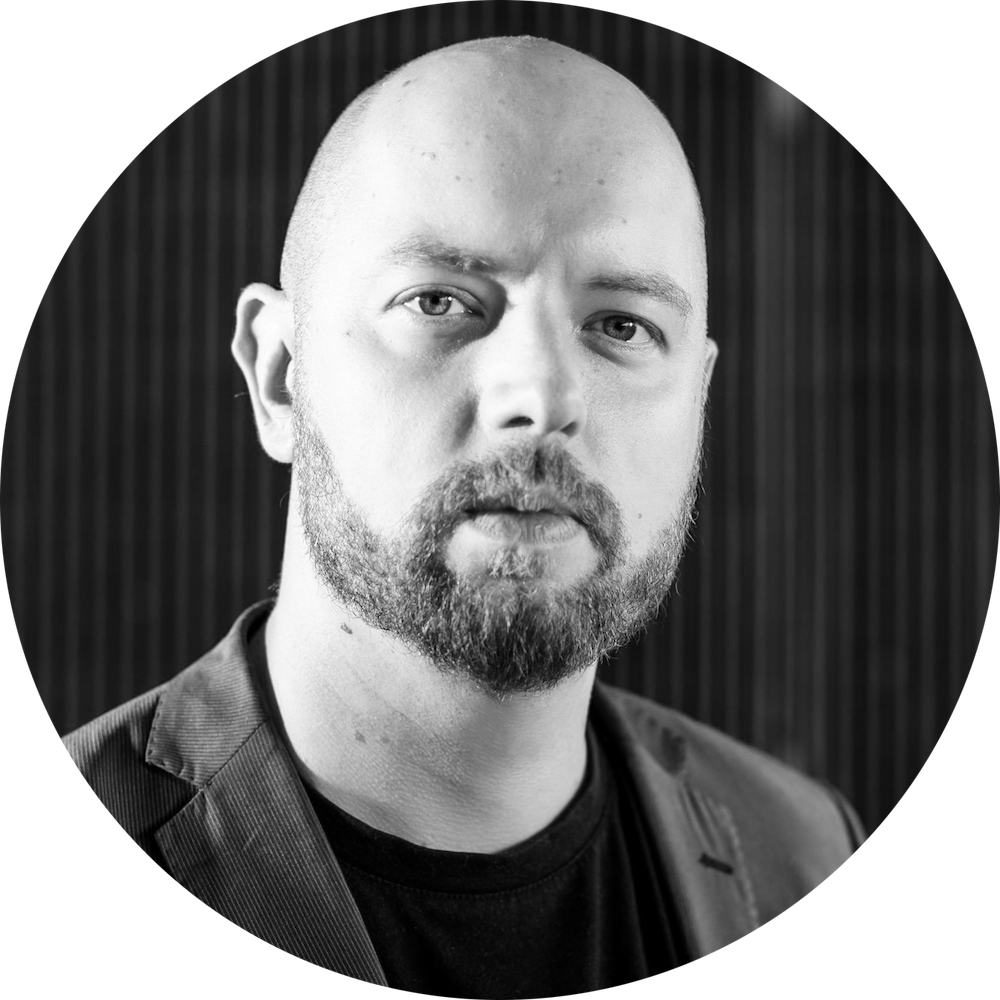
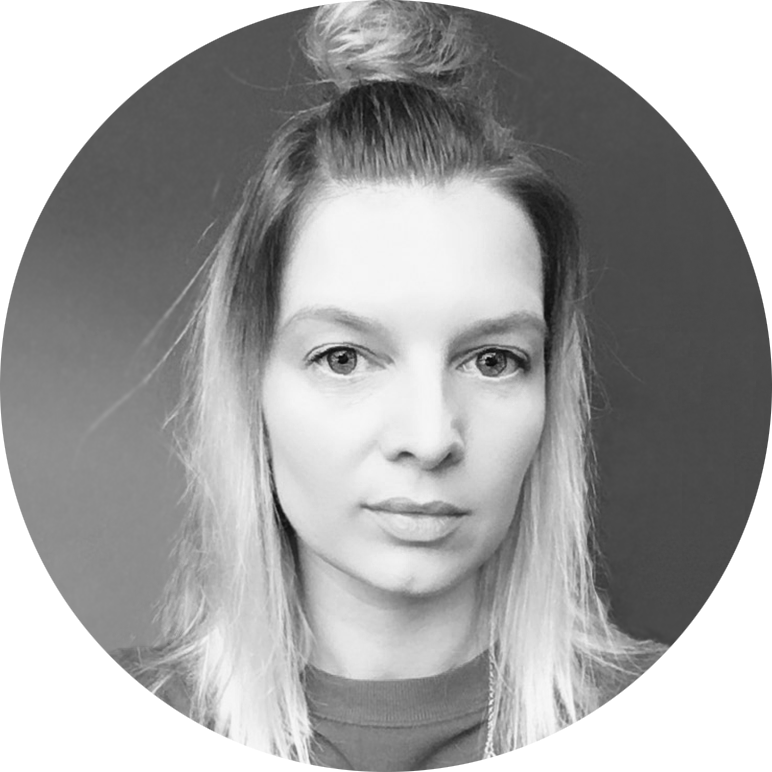

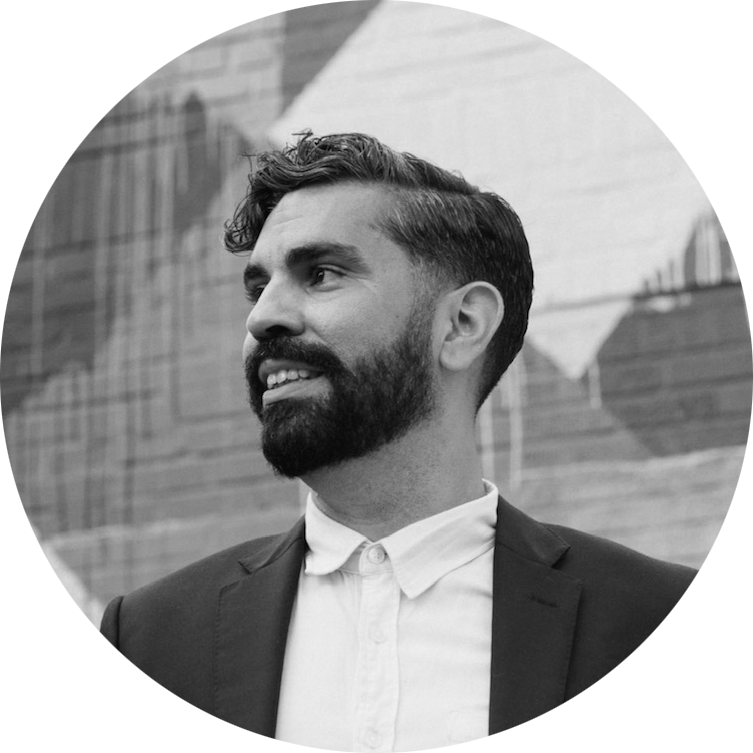



Chapter 5: NIGHTTIME GOVERNANCE IN TIMES OF COVID

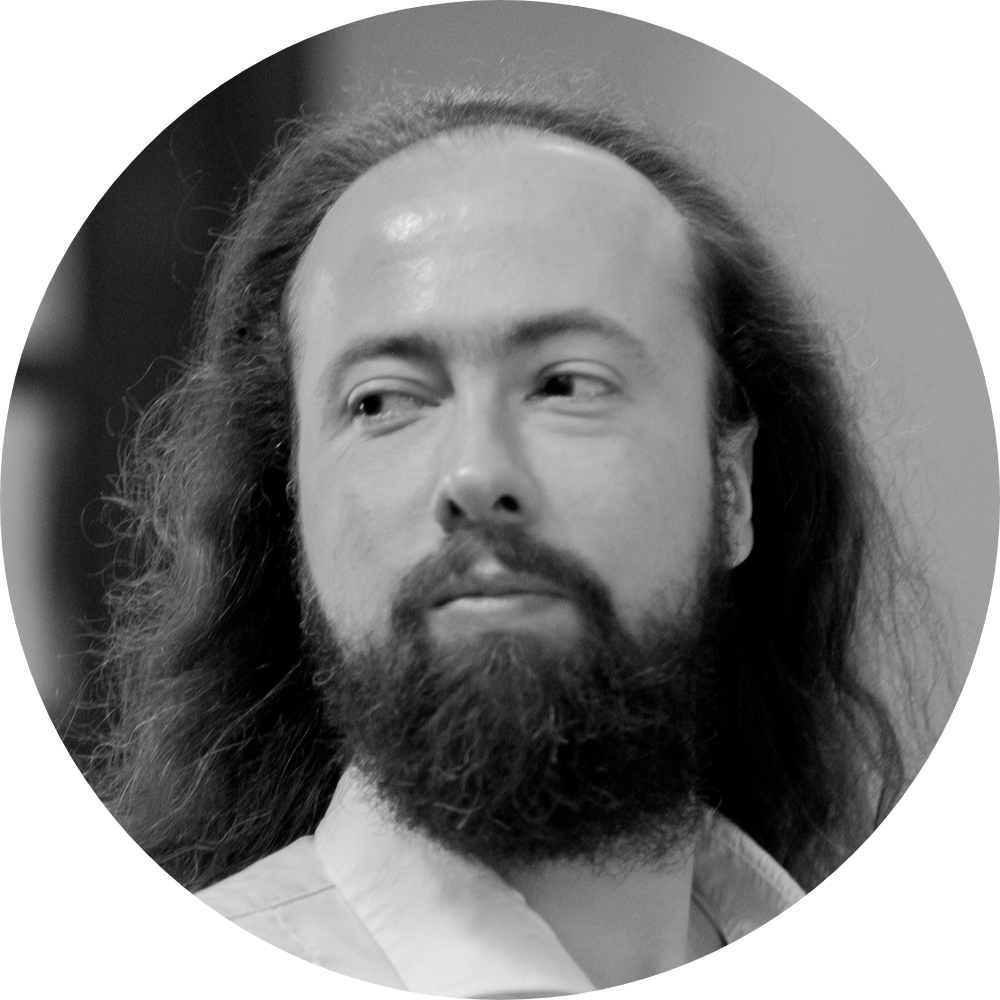

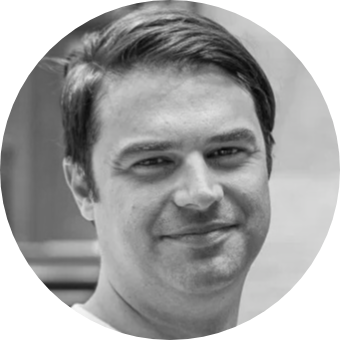
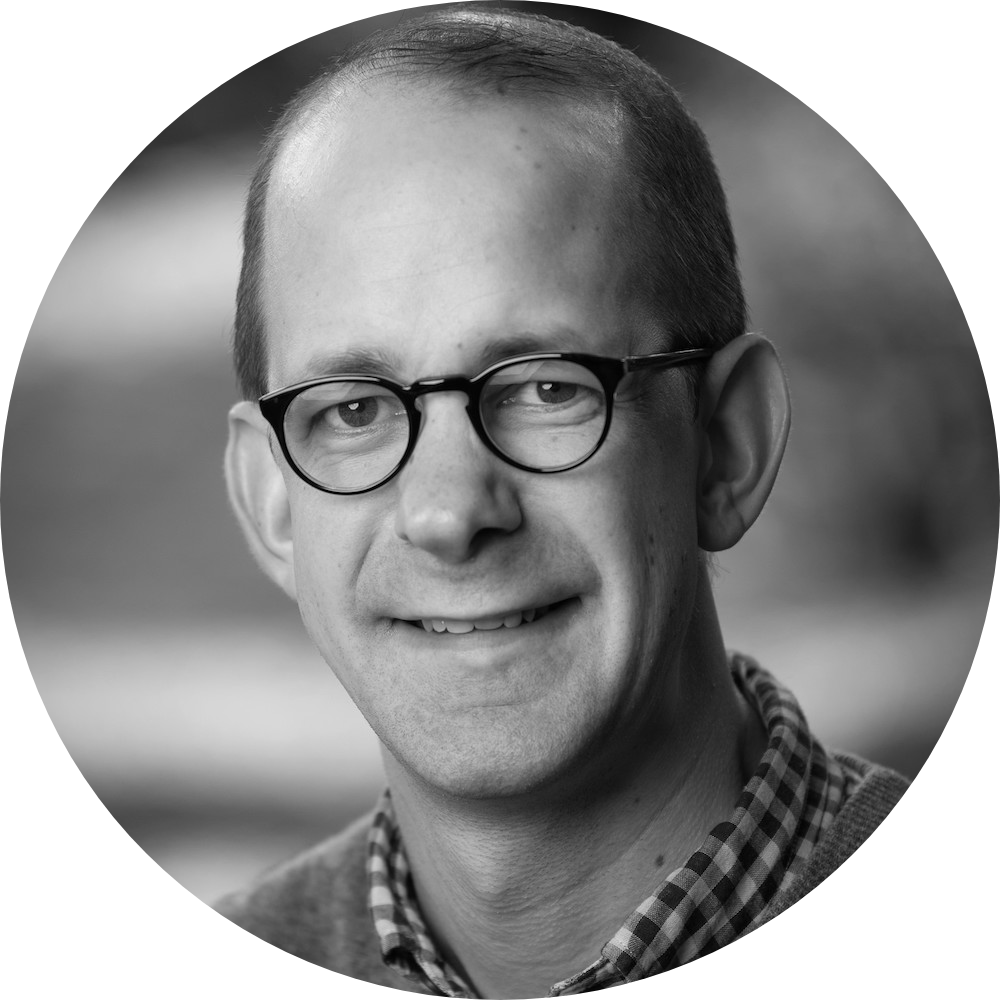
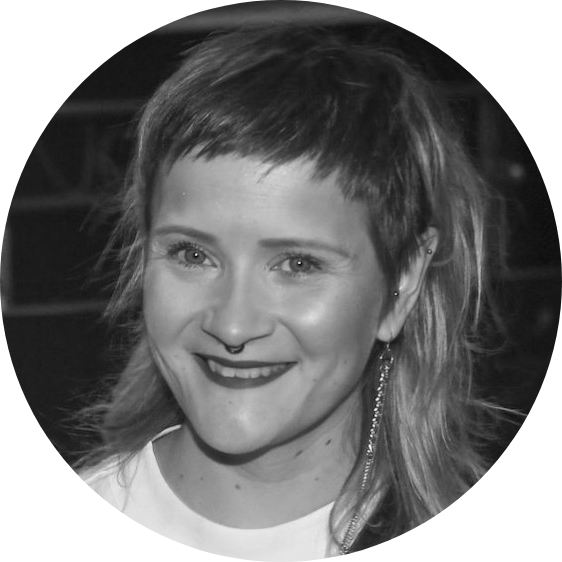


Tak Umezawa


Chapter 6: SUSTAINING OUR SCENES II: SUPPORT MODELS FOR NIGHTTIME BUSINESSES
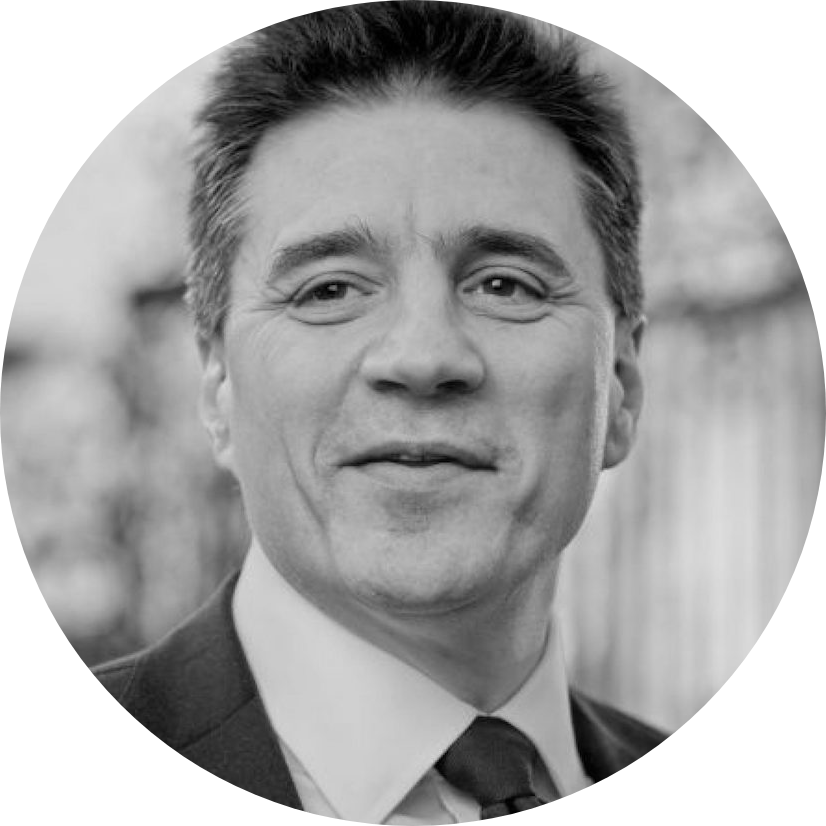
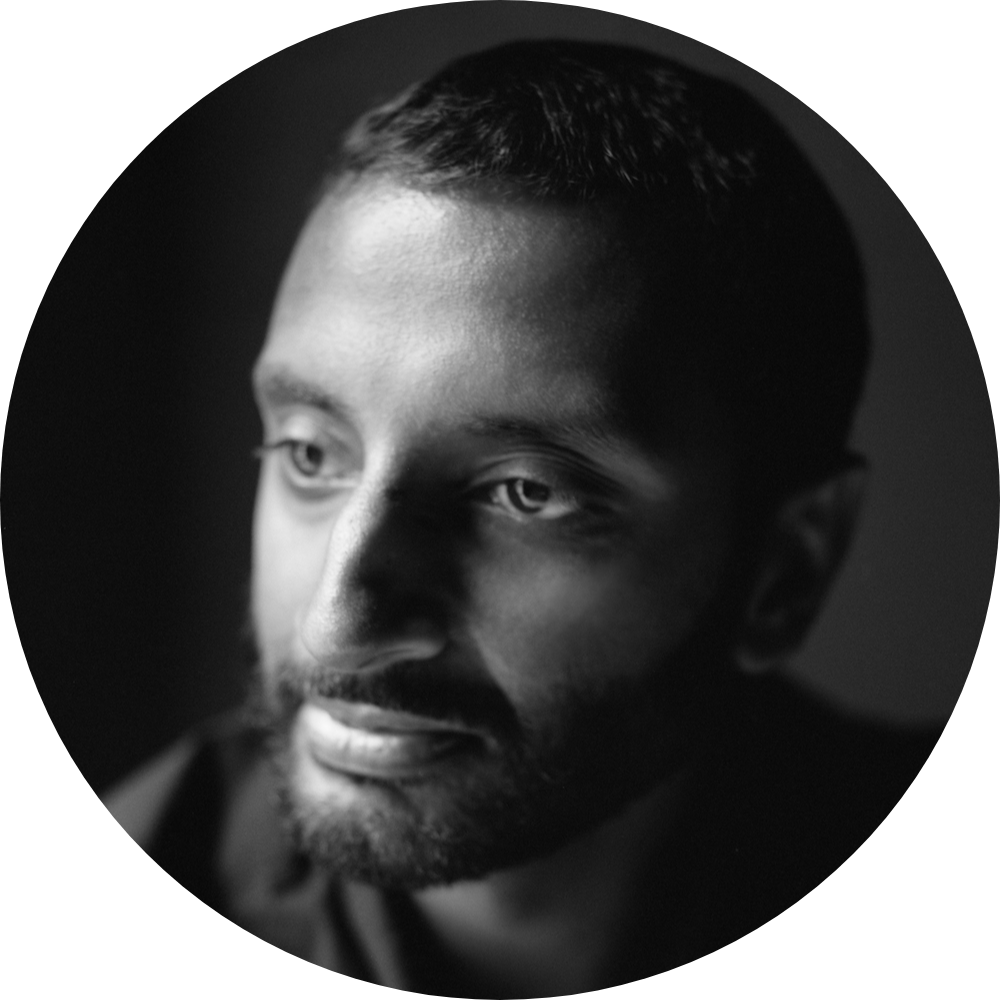
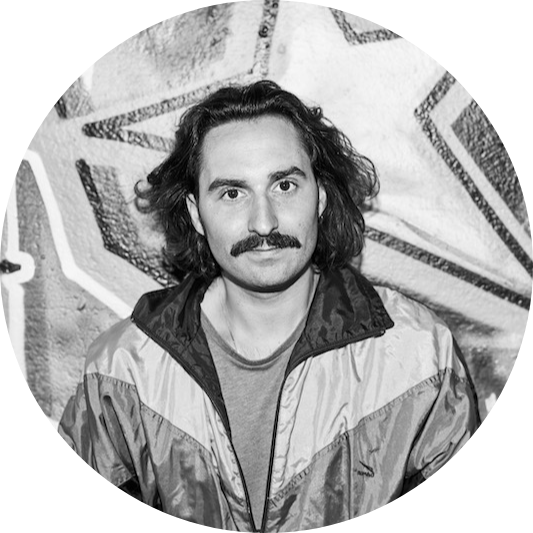

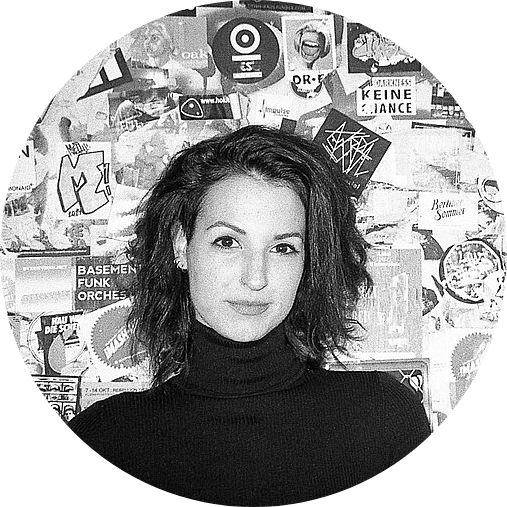

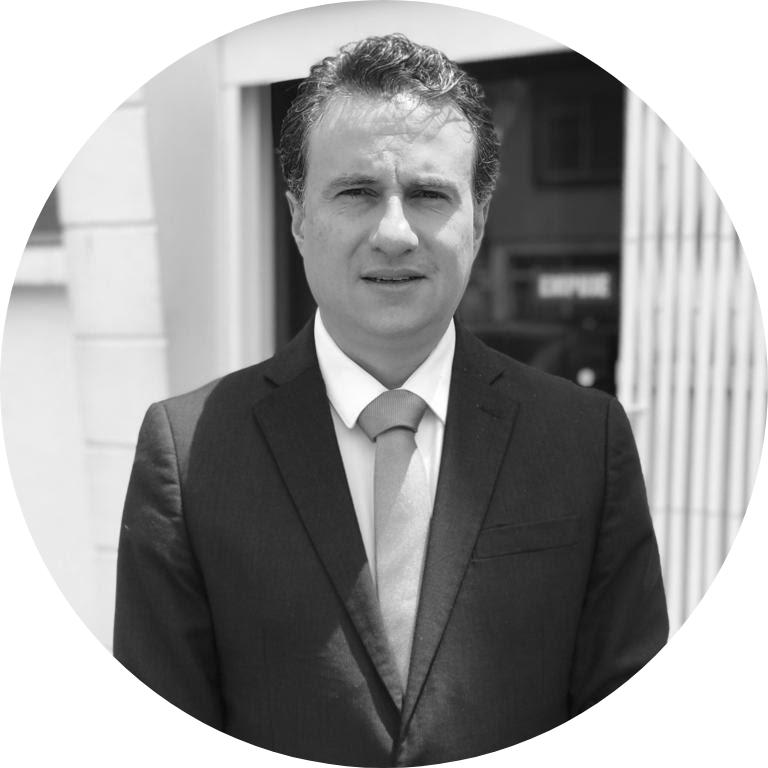
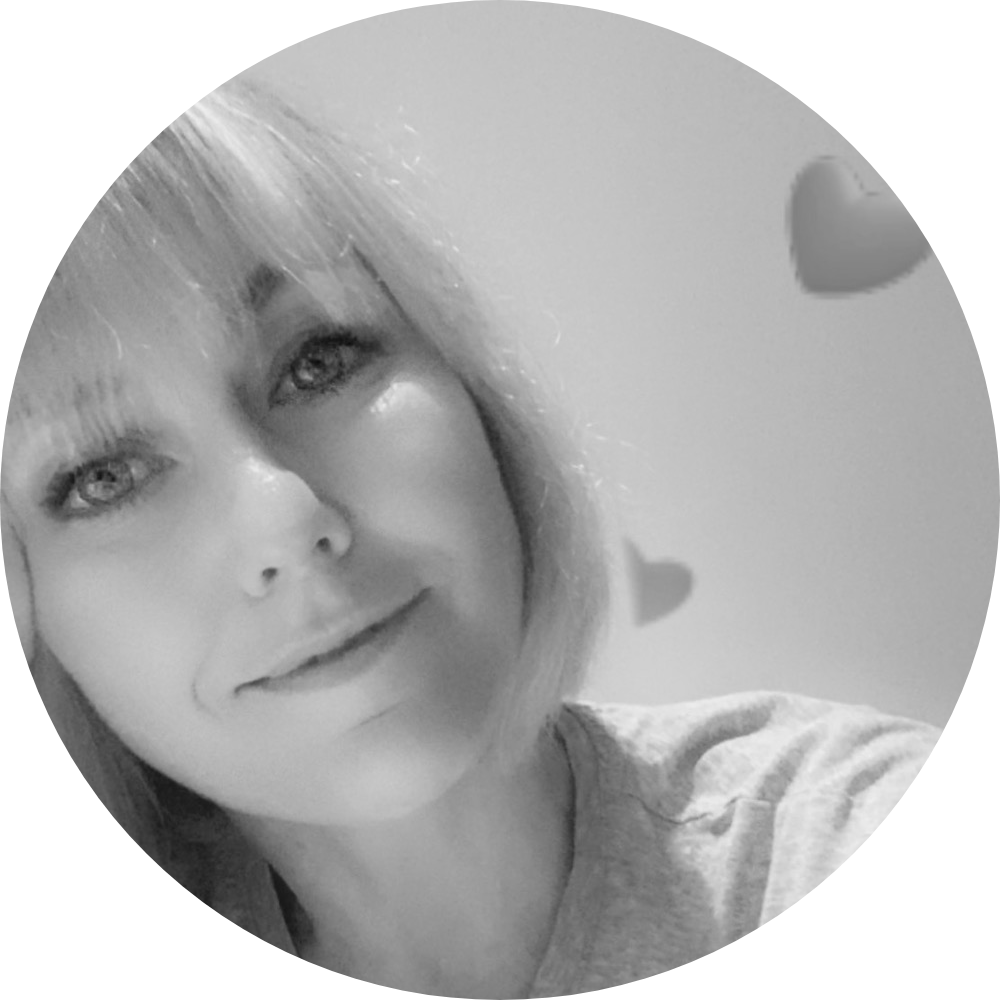
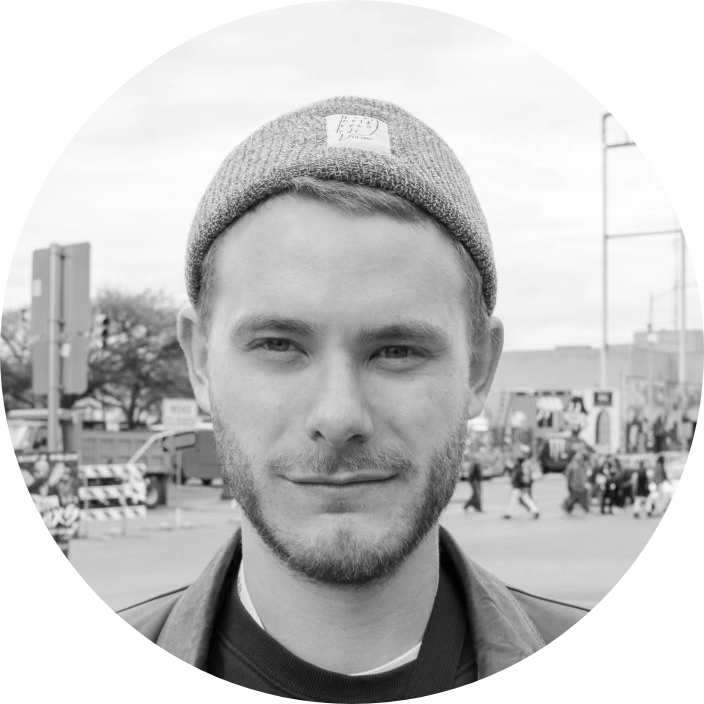

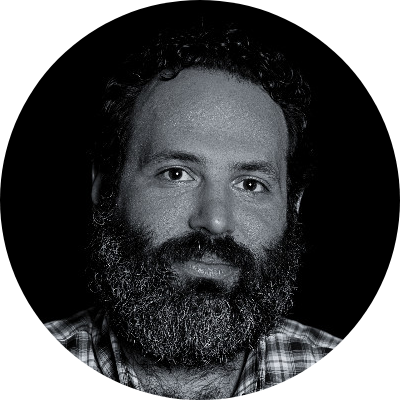
Global Nighttime Recovery Plan Team
Berlin Club Commissioner Lutz Leichsenring and Amsterdam’s former Night Mayor Mirik Milan build up strong institutions to engage, connect, inform, and counsel cross-sector stakeholders to keep cities vibrant and flourishing after dark. VibeLab founded an international network of more than 70 cities that created night time advocate roles such as the Clubcommission in Berlin, the Night Mayor in Amsterdam, the Director of Nightlife in New York City and the Night Czar in London. To counter gentrification of creative space, and to do advocacy work, these community advocates need in-depth analysis and assessment tools as well as access to venture capital and donations. VibeLab’s work also includes the Creative Footprint analysis of cultural vibrancy, thus far in Berlin, New York, and Tokyo and the first academic paper on Nighttime Governance in partnership with Harvard Graduate School of Design. Academic partners of the GNRP are Fraunhofer Institut IAO, Alexander von Humboldt Foundation and University of Pennsylvania.
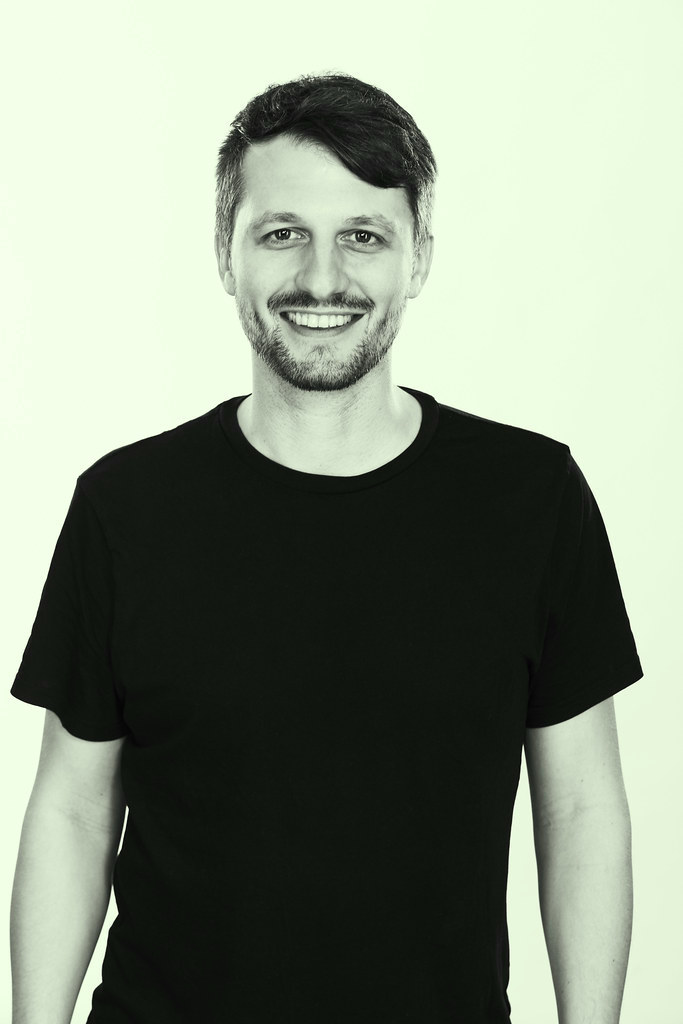
Lutz Leichsenring
Berlin, Germany
Role: Publisher, Consultant
Lutz Leichsenring is co-founder of VibeLab, a consultant, keynote speaker and one of the world’s leading advocates on protecting nighttime economies. Since 2009 he is Member of the Executive Board of Clubcommission Berlin and its spokesperson.
During the Covid-19 crisis, Lutz initiated “United We Stream”, a global music streaming platform and donation campaign to create awareness about club culture affected by the epidemic, and nighttime.org to support nighttime governances.
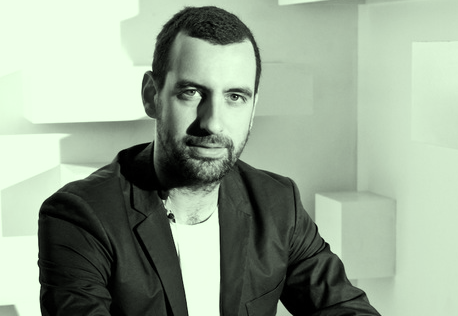
Mirik Milan
Amsterdam, Netherlands
Role: Publisher, Consultant
Mirik Milan is former Night Mayor of Amsterdam, Co-Founder of VibeLab and Global Night Mayor Advocate.
Since 2012, he has played an instrumental role in the reshaping of Amsterdam’s nightlife scene into one of the most vibrant and economically robust in the world, and his innovative position is fast becoming replicated in major nightlife-focused cities around the world, like New York, Paris and London. Mirik was the figurehead and spokesperson for all things concerning nightlife in the Dutch capital. His team’s major achievements include working with the hotel and catering industry to introduce of 24-hour venue permits and bringing innovative approaches to dramatically reducing crime in the city’s once troubled Rembrandtplein district.
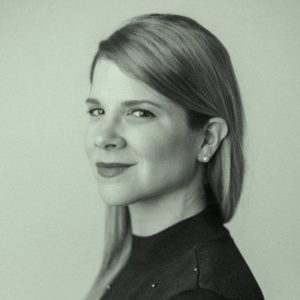
Andreina Seijas
Washington DC, USA
Role: GNRP Content management, Chapter lead liaison and nighttime industry expert
Andreina is an international consultant with 10+ years of experience in urban development and policy in Latin America and the United States. Through her doctoral studies at the Harvard Graduate School of Design, she specialised in night-time governance and planning and launched Night Tank, an international consulting firm that focuses on this novel field of research and practice.
Listen to this great podcast, Cities After Dark with Andreina about the role of night management
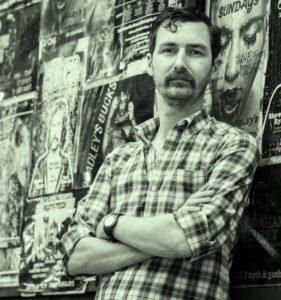
Michael Fichman
Philadelphia, USA
Role: Content management, Chapter lead liaison and nighttime industry expert
“I miss DJing and travelling, so it’s the least I can do to help make sure there’s a place to play when we can get out in the world and live again.”
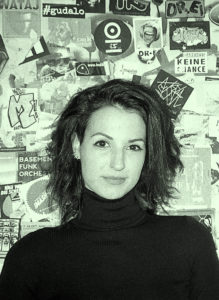
Diana Raiselis
Berlin, Germany
Role: Content management, Project management and Chapter lead liaison
As an Alexander von Humboldt Foundation research fellow, Diana’s research focused on how nightlife culture contributes to sustainable cities.
“As an art maker, researcher, and (hopefully) urban problem solver, my work and research is inspired by the bars, clubs, music venues, small theatres, DIY spaces, and other places of community that make cities feel like home.”

Jia Yuan
Philadelphia, USA
Role: Project Coordinator
“After witnessing the development of subway system in Shanghai, I set my heart on urban planning, more specifically on transportation planning. However, as I got more and more knowledge within the field of urban planning, my interests have expanded to data-driven planning and urban and regional mobility.”

Julie Donofrio
Philadelphia, USA
Role: Praxis Managing Director
Julie Donofrio is the Managing Director of PennPraxis, where she oversees Praxis’s operations and communications, and leads projects focused on community engagement, capacity building, evaluation, and neighbourhood planning. Julie joined PennPraxis after working as a planner and urban designer with leading design firms on the east and west coasts, starting with EDAW (now part of the multinational engineering firm, AECOM) in San Diego, and Wallace, Roberts & Todd (WRT), practicing in both the San Francisco and Philadelphia offices.
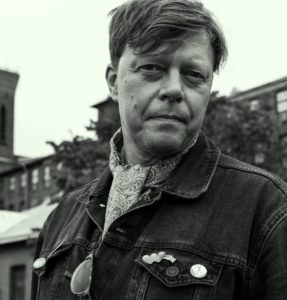
Richard Foster
Rotterdam, Netherlands
Role: Editor
Richard Foster is Communications Manager at WORM, Rotterdam. Richard writes regularly for The Quietus and Louder than War and has written for Vice (Noisey) and The Wire among others. Richard’s ongoing research on the Dutch post-punk movement is published by Palgrave, Intellect Books and Cambridge Scholars.
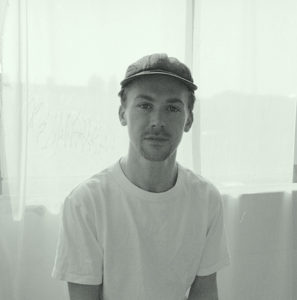
Jack Waghorn
London, UK
Role: Graphic designer
“Sustaining independent cultural spaces during this time of crisis is something I believe we’ll be hugely grateful for in years to come. Having played in bands that made the most of a wealth of small European venues, I feel it’s only right we fight to make sure they stick around.”
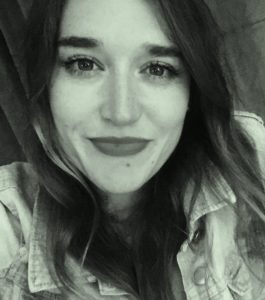
Jordan Rahlia
Sydney, Australia
Role: Copywriter
“Having written about arts and nightlife culture for a decade, I’m proud to work on a project that relies on perspectives from all continents, united by respect and love for creativity and celebration.”
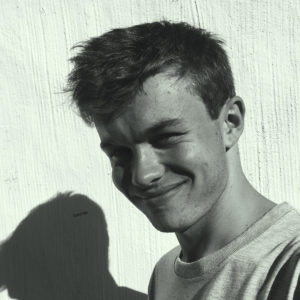
Alexander Salem
Berlin, Germany
Role: GNRP coordinator & Project management
Alexander Salem is an interdisciplinary urban researcher based between London and Berlin, and is the GNRP Project Manager. He is currently undertaking his MSc in Urban Studies at University College London, and is researching the impacts of COVID-19 on creative and cultural practitioners in London’s LGBTQ+ nightlife scenes.

Jess Dymond Barber
Berlin, Germany
Role: Content Management and Communications
Jess works in communications as a creative strategist and content producer to amplify underground artists and creative spaces. Based in Berlin, Jess is interested in the unifying aspects of music and the intersection between art, design, regional policy and the nighttime industries.
What’s next?
Stay tuned to receive chapter updates on the upcoming chapters, conference calls and collaborations.
Would you like to get involved as a contributor?
Contact us directly: Jess Dymond Barber jess@vibe-lab.org
Media coverage:





